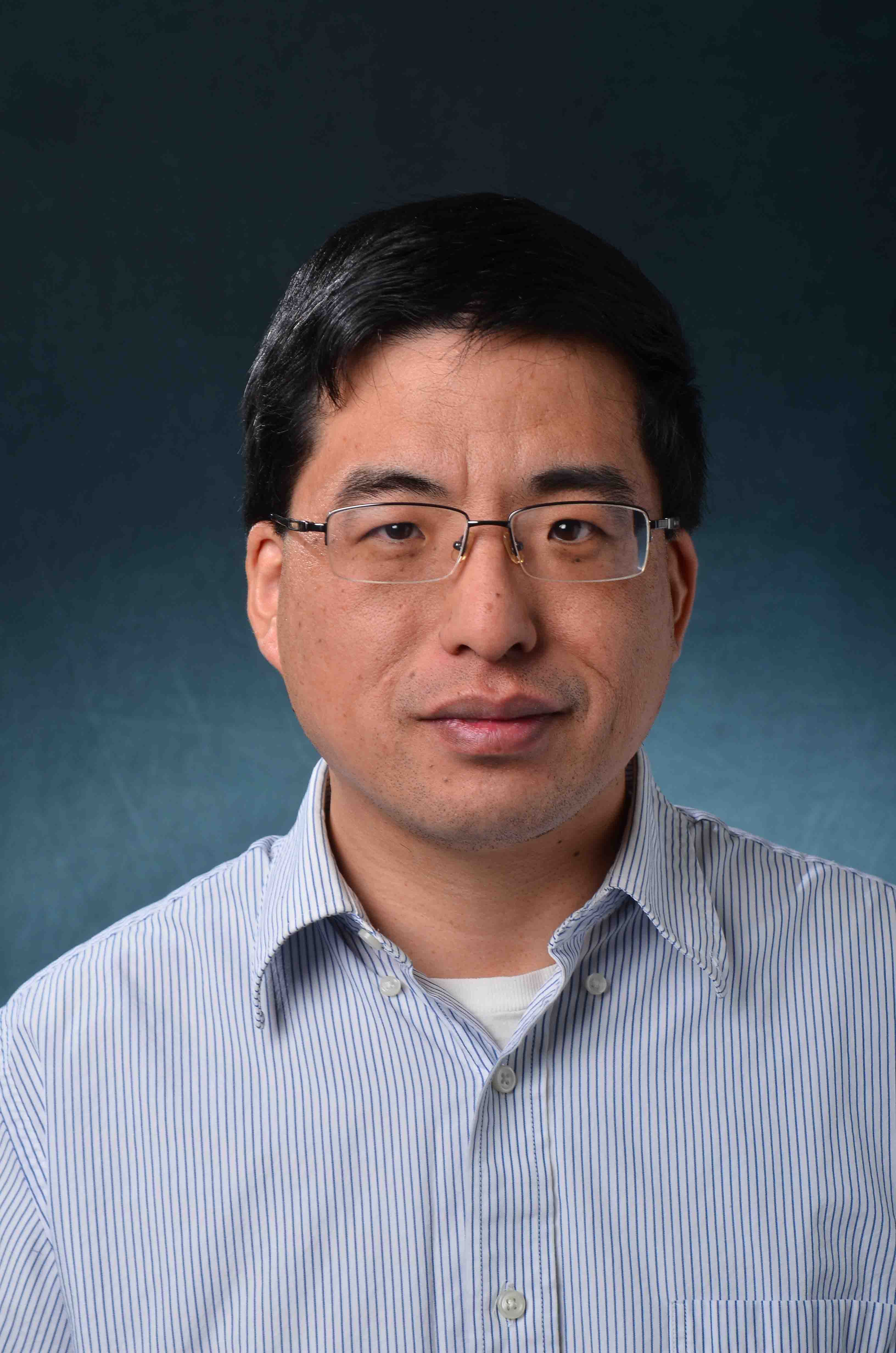 TAN Zhongping
Principal Investigator
TAN Zhongping
Principal Investigator
Tan Zhongping is currently a principal investigator/doctoral supervisor at the Institute of Materia Medica of the Chinese Academy of Medical Sciences and Peking Union Medical College. He received his bachelor's degree and master's degree in organic chemistry from Peking University in 2000, and received his Ph.D. in chemical biology from Columbia University in 2005 under the supervision of Professor Virginia Cornish. From 2005 to 2011, he worked as a postdoctoral research fellow at the Memorial Sloan-Kettering Cancer Center in the laboratory of Professor Samuel Danishefsky. Before joining the faculty at the Institute of Materia Medica in 2018, he was an assistant professor in the Department of Chemistry and Biochemistry and BioFrontiers Institute at the University of Colorado Boulder.
Dr. Tan's research interests involve using chemistry as a tool to develop a quantitative understanding of the effects of protein glycosylation and to provide a general guideline for peptide and protein glycoengineering. His research revealed that peptide and protein glycoforms with better overall properties can be generated by collaboratively modifying glycan structures and adjacent amino acids within unstructured regions that are important for biological function and/or susceptible to proteolytic cleavage and other undesired degradation reactions.
1. Binding of the SARS-CoV-2 Spike Protein to Glycans. Science Bulletin , 2021, 66(12): 1205-1214.
2. Carbohydrate-binding module O-mannosylation alters binding selectivity to cellulose and lignin. Chemical Science , 2020, 11: 9262-9271
3. The impact of O-glycan chemistry on the stability of intrinsically disordered proteins. Chemical Science , 2018, 9:3710-3715.
4. O-GalNAcylation of RANTES improves its properties as a human immunodeficiency virus type 1 entry inhibitor. Biochemistry , 2018, 57 (1): 136-148.
5. Chemically precise glycoengineering improves human insulin. ACS Chemical Biology , 2018,13 (1), 73-81.
6. Quantitative effects of O-linked glycans on protein folding. Biochemistry , 2017, 56 (34), 4539-4548.
7. Structural insight into the stabilizing effect of O-glycosylation. Biochemistry , 2017, 56 (23), 2897-2906.
8. Molecular-scale features that govern the effects of O-glycosylation on a carbohydrate-binding module. Chemical Science , 2015, 6:7185-7189.
9. Specificity of O-glycosylation in enhancing the stability and cellulose binding affinity of Family 1 carbohydrate-binding modules. Proceedings of the National Academy of Sciences of the United States of America , 2014, 111 (21): 7612-7617.
10. Glycosylated linkers in multi-modular lignocellulose degrading enzymes dynamically bind to cellulose. Proceedings of the National Academy of Sciences of the United States of America , 2013, 110 (36) 14646-14651.
Chemical Biology of Glycoproteins. Tan Z., and Wang L. Royal Society of Chemistry Publishing, London , Print ISBN 978-1-78262-333-5.
1. 2018 44 faces representing the Future of Biochemistry, Biochemistry, United States.
2. 2017 David Y. Gin Young Investigator Award, American Chemical Society, United States.
3. 2015 CAREER Award, National Science Foundation, United States.
4. 2005 Hammett Award, Columbia University, United States.
5. 2005 Arun Guthikonda Memorial Fellowship, Columbia University, United States.
6. 1997 Outstanding Graduate, Beijing, China.
